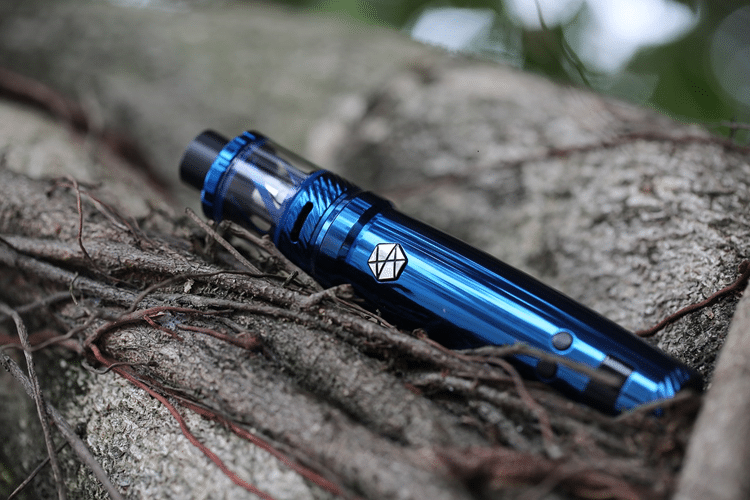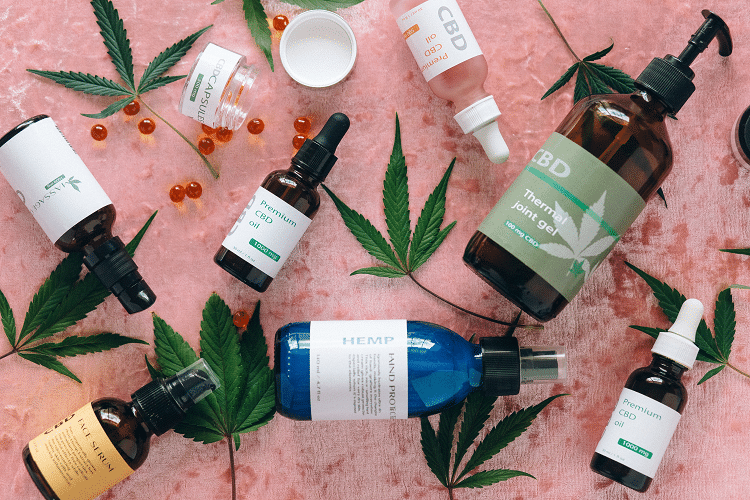
Purity And Potency Testing Is Key in The Cannabis Wild West
Purity and potency remain relative unknowns in today’s cannabis market. This is because – even in legalized territories – regulation and enforcement aren’t at the levels they need to be. The result is an industry where seemingly anything goes.
Tragically, such oversight can be dangerous for consumers. In the United Kingdom, for example, a young woman died last month after she ate a cannabis edible laced with “spice.” It’s in this context that purity and potency testing is crucial for consumer safety and quality control. Let’s explore.
Right Now, Product Purity Is Largely Unknown
CBD represents a new frontier in wellness. It’s non-intoxicating, well-tolerated, and capable of addressing diverse disorders. So, it’s no wonder many of us are looking for a high-quality CBD edible or tincture to sit on our bedside table. However, the buzz around CBD has seen a largely unregulated industry explode into existence with little guarantee that consumers are getting what they pay for.
This is evident when it comes to product purity. As shown in a recent investigation from Leaf Report, one in four brands reviewed didn’t carry out any purity testing at all. This means that even the product creators are unsure of what’s inside the bottle. Moreover, the investigation found only 13% tested their products for purity, checking for microbial content, pesticides, or heavy metals.
People refer to the CBD industry as the “wild west” because of insights like this. With little regulatory oversight nor enforcement, companies feel at liberty to create products lacking in quality control. As the Leaf Report investigation shows, there are many companies utilizing extraction methods that leave various non-beneficial and unwanted residuals in their oil.
This is why consumers and industry insiders are beginning to call for mandatory third-party testing. For purity, a test undertaken by an independent lab is an easy way to show there aren’t any impurities within the given product.
Product Potency Results Widely Vary
Unfortunately, the same issues also plague product potency. Leaf Report found that the vast majority of company claims regarding potency were inaccurate. For example, more than eight out of 10 potency-tested products didn’t measure within the acceptable variance of up to 10%.
This finding mirrors our experience at Vitality CBD. In the past, we’ve sampled oils we thought to be questionable and had them tested. The results were shocking. We found one tincture to be 100% hemp seed oil containing little to no CBD and found another tincture to come up as an “unknown substance.” This product did not contain a single milligram of CBD.
Anecdotal and investigative evidence supports the need for verified product testing when it comes to potency. This is a must because consumers often like to take specific doses of CBD at specific times throughout the day. Right now, how does the consumer know that their 1000 milligrams tincture contains 1000 milligrams (mgs) of CBD?
The Onus Is On Consumers
In my view, third-party purity and potency testing must be the norm. The CBD industry is setting some higher standards for itself, but there isn’t any regulatory office to actually enforce these standards and make sure suppliers are adhering to them. True accountability is needed and fast.
For now, due diligence is up to the consumer to ensure the product they’re purchasing is safe and real. The good news is some signs can help consumers to select better CBD products. First, look for oil produced with naturally grown hemp. As a plant, hemp readily absorbs everything from the soil it grows in. What it absorbs can be useful, like vitamins and minerals, or harmful, like lead, petroleum, and toxic chemicals. So, consumers are always best to buy hemp that is naturally grown and organically sourced.
Second, ensure that the price isn’t too good to be true. High-quality CBD oils are not inexpensive to produce so if the price is very low, that’s a strong sign it’s made with inferior or contaminated raw materials or substandard solvents. Further, it might not contain very much actual CBD.
Third, make sure the product discloses the amount of CBD. Good oil made by a reputable company will tell you how much CBD you’re getting right on the label. Bad oils will often try to hide or omit the information. Therefore, look for either the concentration or the total number of milligrams in the bottle. Higher numbers mean a more potent product. To be considered effective, CBD oils should contain at least 250mgs per 10ml bottle. Anything less and you’re wasting your money.
While these tips aren’t a silver bullet, they’re useful to identify bad actors in this space. Unfortunately, until regulatory bodies step in, the onus is on consumers to step up.






